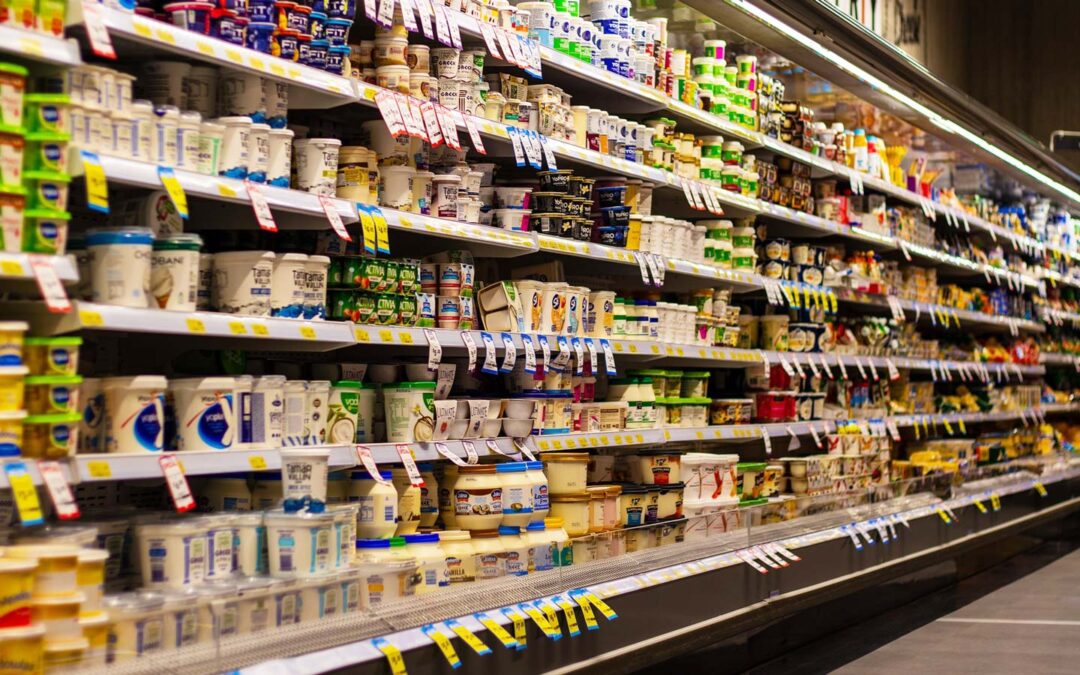The global demand for protein sources is steadily increasing, driven by population growth, changing eating habits and the growing trend towards a protein-rich diet. The global population is expected to reach the 9 to 10 billion mark by 2050.
While the average protein requirement per person varies depending on age, gender, health status and lifestyle, the World Health Organization (WHO), for example, recommends a daily protein intake of around 0.8 grams per kilogram of body weight.
However, this increasing demand is offset by the limited availability of traditional protein sources. This imbalance between demand and supply is known as the "protein gap" and represents one of the most significant challenges of the coming years.
Challenges of the "protein gap" include
Population growth: As the world's population continues to grow, the demand for protein-rich foods will increase exponentially. However, traditional sources such as meat and fish cannot be expanded indefinitely.
Environmental impact of livestock farming: Intensive livestock farming has a significant impact on the environment, including greenhouse gas emissions, land use and water consumption. A sustainable diet requires alternative protein sources that are more resource-efficient.
Limited availability of land and water: Growing feed for livestock requires large amounts of arable land and water. Sustainable and efficient methods must be found to meet the increasing demand for meat.
The trend towards plant-based eating habits has already begun to transform the food industry. Plant-based protein alternatives such as pea protein, soy protein and pulses not only offer a more sustainable option, but are also beneficial to health.
In some regions of the world, insects are already part of the traditional diet. They are resource-efficient as they require little space and water. The western world is now beginning to explore insects as an innovative source of protein.
By developing technologies to produce cultured meat in the laboratory, we could reduce the need for traditional animal husbandry. This method is not only more sustainable, but also has the potential to minimize the environmental footprint of meat production.
The "protein gap" of the coming years represents a significant challenge, but also holds enormous opportunities for innovation and sustainable developments in the food industry. Plant-based proteins, insects and cultured meat could help meet the growing demand for protein without unduly impacting the environment. It is crucial that research, industry and consumers work together to promote innovative solutions to ensure the sustainable management of the world's protein needs.
EUROSOY offers the following product ranges VEGACON and VARIOPLANT EUROSOY offers a first-class range for the production of plant-based alternatives as well as conventional foods and is the European food industry's first point of contact for plant proteins.

